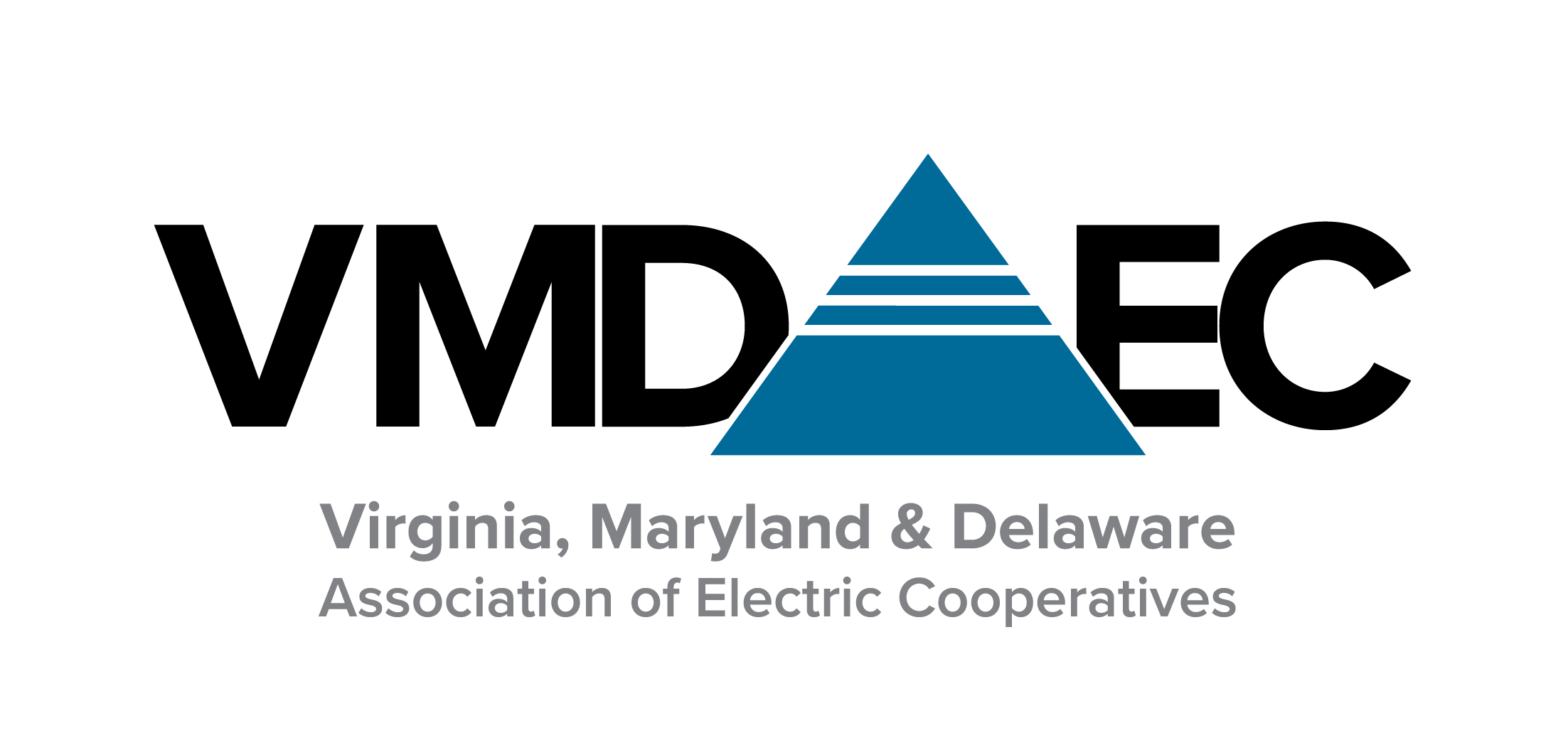HB558:
Natural gas, biogas, and other gas sources of energy; definitions, energy conservation.
Bill Summary:
Natural gas, biogas, and other gas sources of energy; definitions; energy conservation and efficiency; Steps to Advance Virginia's Energy Plan; biogas supply infrastructure projects; work group. Permits natural gas utilities to include in their fuel portfolios, submitted to the State Corporation Commission to monitor fuel prices and purchases, supplemental or substitute forms of gas sources, defined in the bill, that meet certain standards and that reduce emissions intensity. The bill amends provisions of the Code related to conservation and energy efficiency programs, removes certain cost-effectiveness requirements for conservation and energy efficiency programs, and adds appliance rebates to the types of programs the Commission may consider. The bill expands conservation and ratemaking efficiency provisions of the Code that currently apply to natural gas consumption specifically to instead apply generally to energy consumption.
The bill introduces enhanced leak detection and repair programs, defined in the bill, as a type of eligible infrastructure replacement for a natural gas utility facility. The bill provides that the costs of detecting and repairing leaks may be added to a natural gas utility's plan to identify proposed eligible infrastructure replacement projects and related cost recovery mechanisms, known as the utility's Steps to Advance Virginia's Energy (SAVE) Plan.
The bill adds provisions to the Code related to biogas supply infrastructure projects, defined in the bill, and specifies that eligible infrastructure costs for such projects include (i) the investment in such projects, (ii) the return on the investment in such projects, (iii) a revenue conversion factor, (iv) operating and maintenance expenses, (v) depreciation, (vi) property tax and other taxes or government fees, and (vii) carrying costs on the over-recovery or under-recovery of the eligible biogas supply infrastructure costs. Under the bill, natural gas utilities can recover these eligible infrastructure costs on an ongoing basis through the gas component of the utility's rate structure or other recovery mechanism approved by the Commission. The bill provides that the biogas supply investment plan submitted by a natural gas utility may include an option to receive the biogas or sell the biogas at market prices and establishes a timeline for the Commission to approve such plan. The bill requires a natural gas utility with an approved biogas supply investment plan to annually file a report of the investments made, the eligible infrastructure costs incurred and the amount of such costs recovered, the volume of biogas delivered to customers or sold to third parties during the 12-month reporting period, and an analysis of the price of biogas delivered to customers and the market cost of biogas during the reporting period.
Additionally, the bill directs the Department of Environmental Quality to convene a stakeholder work group to determine the feasibility of setting a statewide methane reduction goal and plan. The recommendations of the work group shall be reported to the General Assembly by July 1, 2023. This bill is identical to SB 565.
Bill Patron: O'Quinn
Last Action(s):
(House) Enacted, Chapter 759 (effective 7/1/22) April 27, 2022
(Senate) Signed by President as reenrolled April 27, 2022
(Governor) Acts of Assembly Chapter text (CHAP0759)
Bill Status:
Passed House
Passed Senate
Approved
